Please feel free to contact us if you are interested in our products or want to know more details or the latest price. We sincerely hope to cooperate with customers all over the world! Send your inquiry now!
Cooking oil processing machines which can process various oil seeds, including peanut, soybean, sunflower seed, palm, palm kernel, sesame, rapeseed, cotton seed, etc.,
industrial castor oil production line with in congo
- Product Using: Producing Castor Oil
- Type: Castor Oil Production Line
- Main Machinery: Castor Oil Production Line Machine
- Application: Crude cooking Oil Extraction Process, cooking Oil
- Voltage: 380V
- Appearance: Vertical
- Press Materials: Oil cooking Fruit
- Press Series: Second
- Customized: Customized
- Product Name: cooking Oil Processing Machine
- Oil Rate: Press Cake Residual: ≤ 6%
- Materials: Carbon Steel & Stainless Steel
- Engineer Design: Yes
- Capacity: 1tph-100tph
- Delivery Time: 45 Days After Payment
- Bleaching Earth Consumption: 3-5kg/T Oil, 5~50kg/T Oil
- Sterilizer Raw material: Vegetable Seed
- After-Sales Service Provided: Field Installation
- Engineering Service: Installation and Testing
- Item: Fob
- Transport Package: Woodply
- Specification: customized
- Project Location: congo
Eni to help boost biofuel production in the Congo | Biofuels
Eni has signed a Memorandum of Understanding with Congo to further develop the biofuels industry there. The MoU sets the framework for the industrial scale production of castor oil, to provide feedstock for Eni’s biorefinery system. The pilot phase is set to begin with castor bean sowing activities on over 200 hectares of land, and up
The MoU sets the framework for the industrial scale production of castor oil to provide feedstock for Eni’s bio-refinery system, while also creating employment opportunities and expanding agricultural activities to marginal and abandoned lands, avoiding impacts on agricultural areas, and activities currently destined for food production.
Congo: Top Projects to Watch - Energy Capital & Power
Eni – Congo-Brazzaville MoU for Biofuel Production . The Congo is set increase biofuel production capacity in the coming years. The government and Italian IOC, Eni, signed a Memorandum of Understanding (MoU) on October 4 2021 to commence large scale castor oil production that will provide feedstock for Eni’s bio-refinery system.
Eni has signed a Memorandum of Understanding with Congo to further develop the biofuels industry there. The MoU sets the framework for the industrial scale production of castor oil, to provide feedstock for Eni’s biorefinery system. The pilot phase is set to begin with castor bean sowing activities on over 200 hectares of land, and up
Castor oil as a potential renewable resource for the
Castor oil is increasingly becoming an important bio-based raw material for industrial applications. The oil is non-edible and can be extracted from castor seeds from the castor plant belonging to the family Euphorbiaceae. The oil is a mixture of saturated and unsaturated fatty acid esters linked to a glycerol. The presence of hydroxyl group, a double bond, carboxylic group and a long chain
On the other hand, the major producers of castor are India, China, and Brazil. These three countries account for 93% of global production, thus dominating the market today. As stated, castor oil currently constitutes one of the most important raw materials in the so-called “green chemistry” due to its wide use in industrial activities.
AFRICA : From offshore fields to cotton fields, behind the
Having invested heavily to convert its former refinery in Venice into biorefineries, and then the one in Gela, Sicily, in March 2021, ENI is planning to fuel its production of so-called "second-generation" biofuels from African oilseeds, whose production is water-efficient, and from agricultural and oily urban waste. A castor oil plantation has
Introduction. Castor oil has long been used commercially as a highly renewable resource for the chemical industry.1,2 It is a vegetable oil obtained by pressing the seeds of the castor oil plant (Ricinus communis L.) that is mainly cultivated in Africa, South America, and India.3,4 Major castor oil-producing countries include Brazil, China, and India.
Castor Oil-Based Derivatives as a Raw Material for the
Castor is an oil plant is non-edible and has large number properties. Over the past decade, castor oil production has increased drastically due to ease of accessibility, inexpensive, non-food competition, high boiling point, and viscosity, tremendous ability as a renewable bio-based synthetic product which are environmental friendly [4, 11
Among the species currently cultivated for industrial vegetable oil production, castor could be a good candidate for future investments due to the good resistance to pests, tolerance to drought, and suitability for marginal lands cultivation. In addition, the production of castor oil from Ricinus generates a large quantity of press cake, husks, and crop residues that, in a framework of
- Which country produces the most castor oil?
- India is known as the world leader in castor seed and oil production and leads the international castor oil trade. Castor oil production in this country usually fluctuates between 250,000 and 350,000 tons per year. Approximately 86% of castor seed production in India is concentrated in Gujarat, followed by Andhra Pradesh and Rajasthan.
- What are the major companies operating in the castor oil & derivatives market?
- Some major companies operating in the castor oil and derivatives global market are: Thai Castor Oil Industries Co. Ltd., Jayant Agro Organics, Hokoku Corporation, ITOH Oil Chemicals Co. Ltd., Gokul Overseas, Bom Brazil, Liaoyang Huaxing Chemical Co., Ltd., and Kanak Castor Products Pvt. Ltd [ 7 ].
- Is Eni partnering with Congo to develop biofuels?
- Italian oil and gas company Eni has signed an agreement with the Republic of the Congo on the joint development of the biofuels sector in the country, Eni announced on 4 October.
- What is castor oil?
- Castor oil is increasingly becoming an important bio-based raw material for industrial applications. The oil is non-edible and can be extracted from castor seeds from the castor plant belonging to the family Euphorbiaceae. The oil is a mixture of saturated and unsaturated fatty acid esters linked to a glycerol.
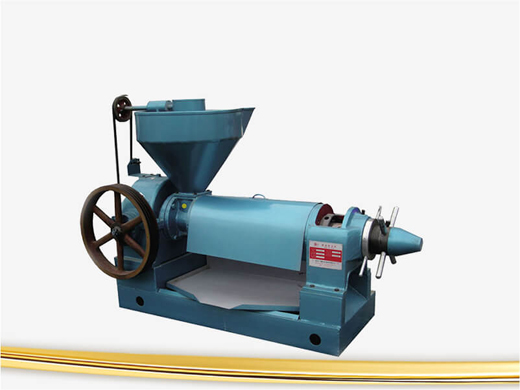
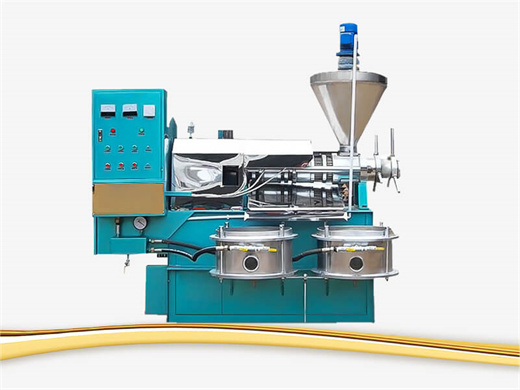
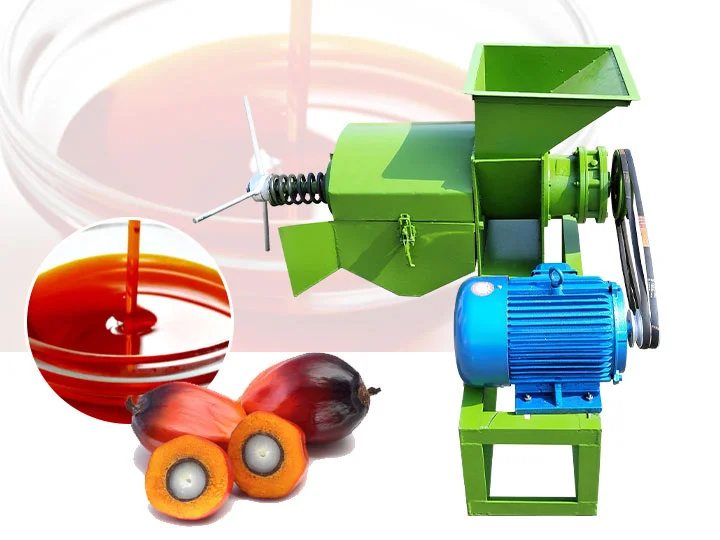
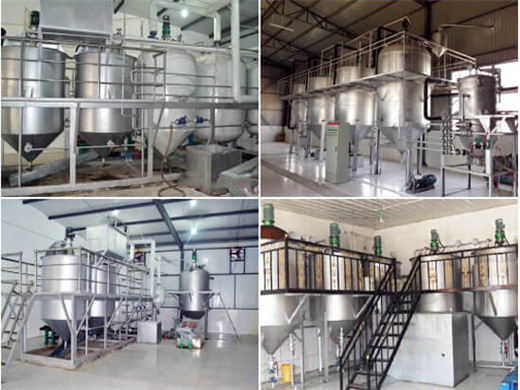
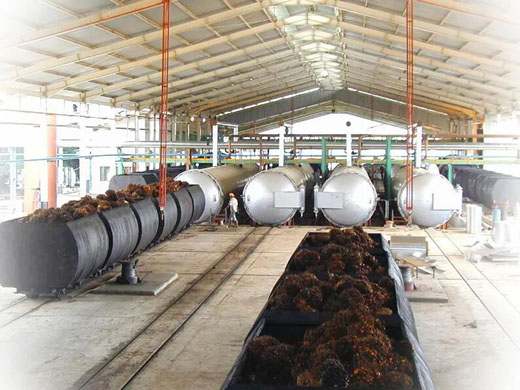
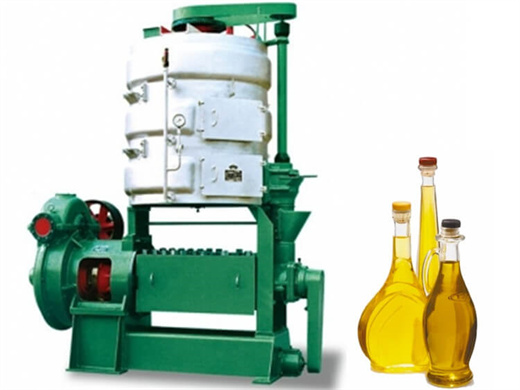
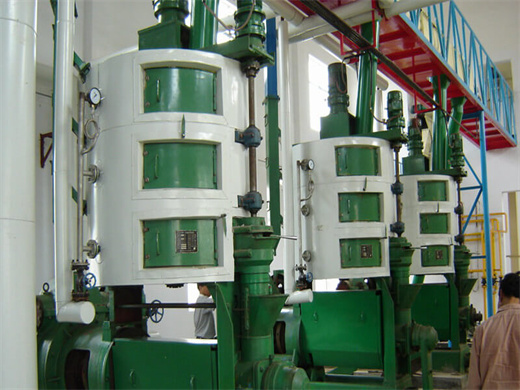
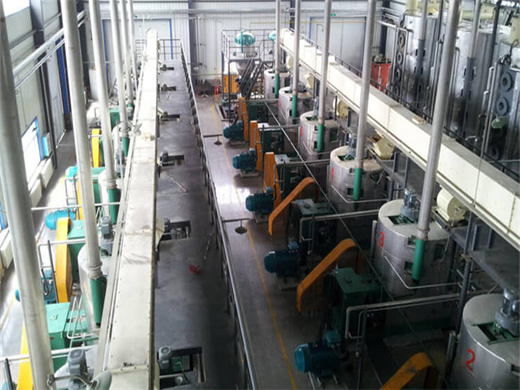












REQUEST A QUOTE
You Can Write Down Your Requirements! Submit your enquiry, we will reply your quote within 24 hours.